NEWS

The objectives of the planned workshop are to define basic principles of zero-defect manufacturing (ZDM), based on the terminology, which was recently created in a CEN-CENELEC Workshop and is available as CWA 17918:2022.
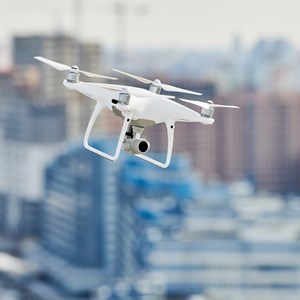
This CEN Workshop intends to develop one CWA (Workshop Agreement): ”Unmanned aircraft systems — Counter UAS — Testing methodology”
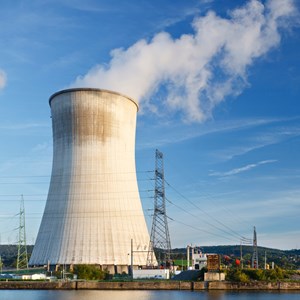
In the nuclear industry, specific design and construction codes provide a set of essential engineering tools for the design, construction, and integration of nuclear high safety class components and systems.

The application of (photo)electrocatalytical technologies for the reduction of CO2 to CO holds immense relevance for our current and future society with regard to sustainable methods to mitigate CO2 levels in the atmosphere and to reduce the dependence on fossil feedstocks. Electrocatalysis offers a promising solution by using renewable energy sources, such as solar or wind, to drive the electrochemical conversion of CO2 into CO. This process not only helps in the utilization of CO2 as a valuable feedstock but also offers a viable pathway towards carbon neutrality.

The planned Workshop will define Action Research and its role in large scale pilots. It will identify the key stakeholders involved and outline the necessary steps to conduct Action Research including planning, pre-validation, deployment, data collection and analysis.

This CEN-CLC/WS intends to develop two CWA (Workshop Agreement):
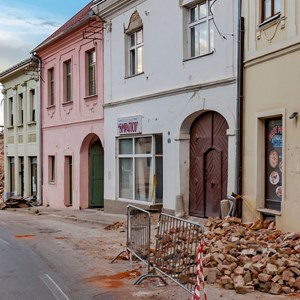
The CEN Workshop ‘Exchanging of building and infrastructure damage information with the Common Alerting Protocol’ was kicked off on 22 March 2022. The Workshop’s registered participants have agreed on the final draft of the CWA.
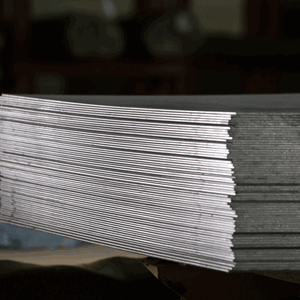
The main objective of the CEN/WS 'Fracture toughness evaluation methodologies applied to advanced high strength steel sheets' is to provide guidelines describing different methodologies, informing about their suitability, and to provide recommendations that can be applied by the manufacturers during the planning, design, and operational phases of the manufacture of AHSS sheets.

The CEN Workshop ‘Management of forest fire incidents – SITAC-based symbology’ was kicked off on 16 February 2022. The Workshop’s registered participants have agreed on the final draft of the CWA.
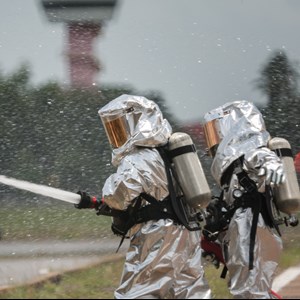
The CEN Workshop ‘Structuring an emergency response plan for crisis management stakeholders’ was kicked off on 27 January 2022. The Workshop’s registered participants have agreed on the final draft of the CWA.